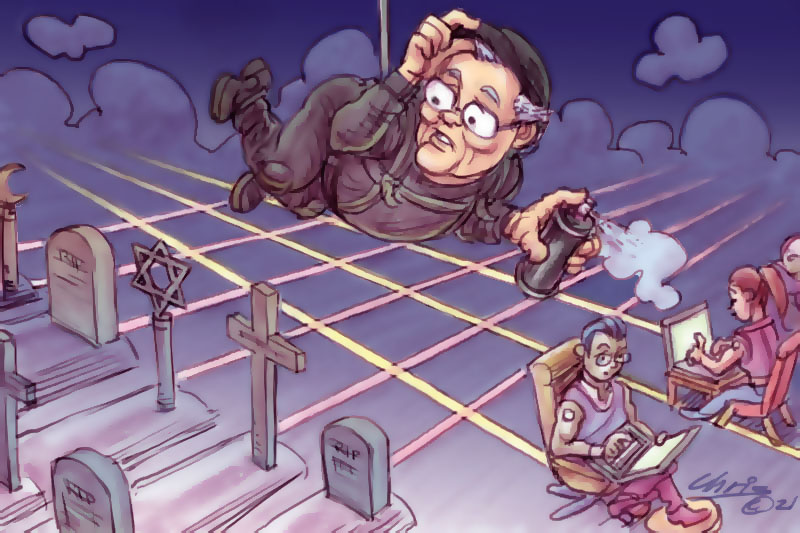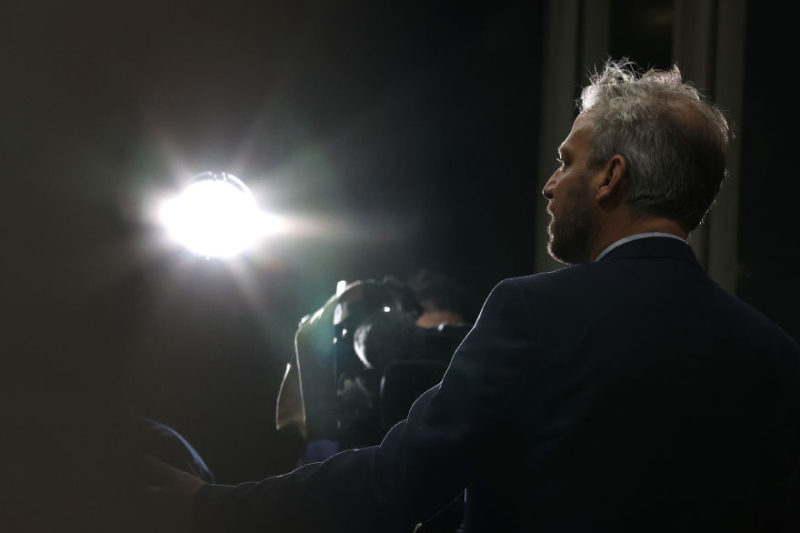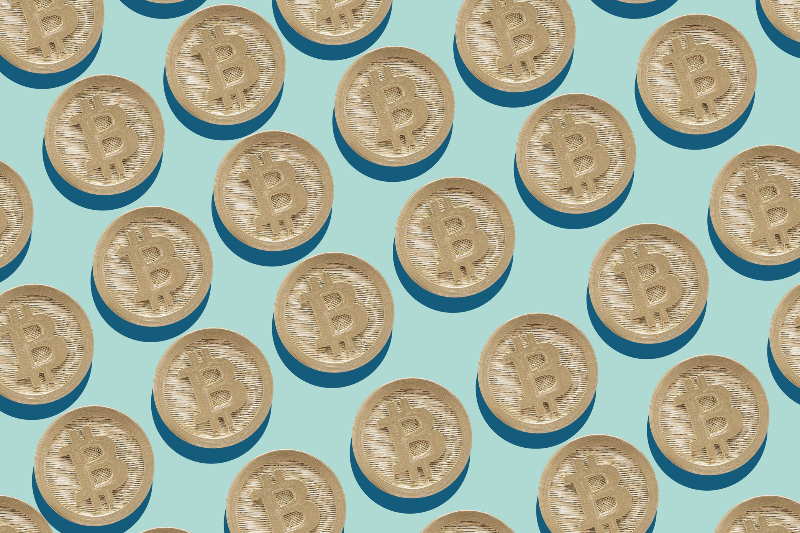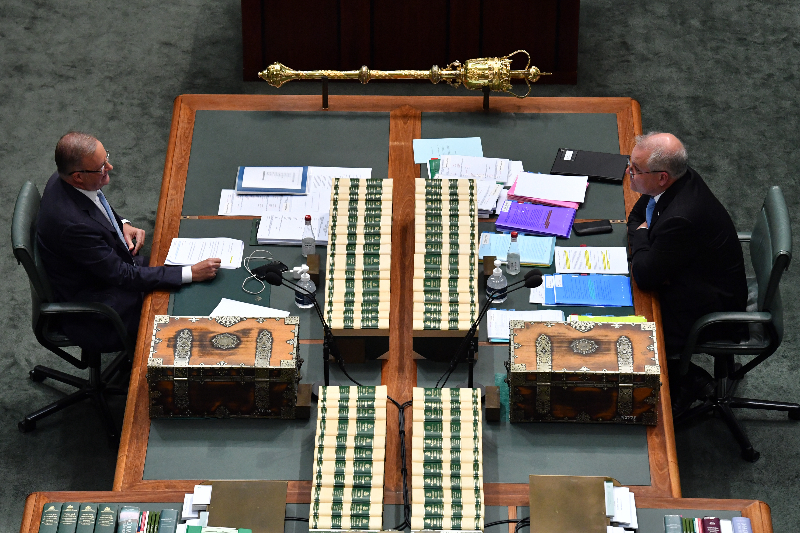Keywords: Economy
There are more than 200 results, only the first 200 are displayed here.
-

INTERNATIONAL
- Justin Glyn
- 30 November 2021
8 Comments
Global warming, much in the news of late, has been accompanied by another unwelcome thaw. The ‘frozen conflict’ in the East of Ukraine between a Western-backed, Ukrainian nationalist government and Russian-speaking rebels with cultural affinity with Moscow, has been heating up alarmingly.
READ MORE 
-

ARTS AND CULTURE
- Les Wicks
- 22 November 2021
The largest wave is friendship. / Heard stories about seamlessness / that sleepy beast of an upsurge that carries you in / until your fin cuts a channel in the sand. / There are dumpers that leave you gasping. / Will & persistence, how a cold current / can race to your head.
READ MORE 
-

AUSTRALIA
- Tim Dunlop
- 15 November 2021
8 Comments
The experience of the Covid-19 pandemic has been like the aerosol used in those heist movies, where the cat burglar breaks into the museum and sprays the air to reveal the invisible lines of power that criss-cross the space between the door and cabinet where the treasure is kept.
READ MORE 
-

AUSTRALIA
- Tim Dunlop
- 26 October 2021
2 Comments
We are in the midst of what is being called the ‘the Great Resignation’, with millions of workers rethinking the place of work in their lives, and WFH is a huge part of this. According to a report by Microsoft, ‘over 40 per cent of the global workforce [is] considering leaving their employer this year’ and hybrid work — a combination of home and office work — is here to stay.
READ MORE 
-

AUSTRALIA
- Claire Victory
- 26 October 2021
14 Comments
We don’t need further commentary that gives people who are well off yet another excuse to demonise people living in poverty and to blame them for their circumstances. It lets governments off the hook – governments which should be addressing the structural causes of poverty.
READ MORE 
-

ENVIRONMENT
- Cristy Clark
- 21 October 2021
7 Comments
On 8 October, at its 48th session, the United Nations Human Rights Council formally adopted a resolution recognising the human right to a clean, healthy and sustainable environment. It emphasises that ‘environmental degradation, climate change and unsustainable development constitute some of the most pressing and serious threats to the ability of present and future generations to enjoy human rights, including the right to life’.
READ MORE 
-

ECONOMICS
- David James
- 12 October 2021
4 Comments
Over the last two years, money printing has created the illusion of strength in savings. But when reality resurfaces, and actual returns are required from actual economic and business activity, the global financial system will come under extreme stress.
READ MORE 
-

AUSTRALIA
- Andrew Hamilton
- 15 September 2021
7 Comments
A striking feature of the Australia’s path through Coronavirus has been the coming out of epidemiologists and social biologists. From being little known members of small institutes they became rock stars, invited to press conferences, deferred to by politicians, selectively chosen for comment by the media, but also resented by representatives of big business and defenders of individual freedom.
READ MORE 
-

INTERNATIONAL
- Jim McDermott
- 14 September 2021
3 Comments
Giovanna Slon was just beginning her third year at Fordham University in the Bronx when a plane hit the World Trade Center on Tuesday, September 11, 2001. ‘At 8:47am, my R.A. bangs on my door and tells me “You have to get up. There’s something happening.”’
READ MORE 
-

ECONOMICS
- David James
- 07 September 2021
4 Comments
There is a three-way battle looming over the future of money and the stakes could scarcely be higher. Conventional money, mainly debt created by banks — the ‘folding stuff’ is only a tiny proportion of the total — is in trouble. Total global debt is now so large relative to the world economy it cannot be serviced, which is why monetary authorities have resorted to dropping interest rates. When they almost hit zero, the next step was quantitative easing (QE): printing money by getting the central bank to buy back government and corporate bonds and putting them on its ‘balance sheet’.
READ MORE 
-

AUSTRALIA
- Andrew Hamilton
- 02 September 2021
11 Comments
As restrictions drag on and the number of infections rises, more Australians are asking when lockdowns can cease. Federal politicians and business leaders have argued the case for a quick ending while claiming the authority of scientists. Science being science, the relevant questions have been tied to numbers. They have asked: how few cases should there be in the community before leaving lockdown? What percentage of the community must be vaccinated before the lifting of restrictions? What number of deaths should be tolerated for the gains of opening the economy? And when precisely should the opening of Australia take place?
READ MORE 
-

ECONOMICS
- Chris Smith
- 31 August 2021
11 Comments
In July, Anthony Albanese announced a significant change of stance on Labor tax policy which was disappointing, if not surprising. An elected Labor government, Albanese promised, would keep the coming high income tax cuts he previously opposed. This decision to not oppose the government proposal to restructure the income tax system through reduced marginal rates is supporting a government policy that will lead to a significant redistribution of wealth towards high income earners.
READ MORE 